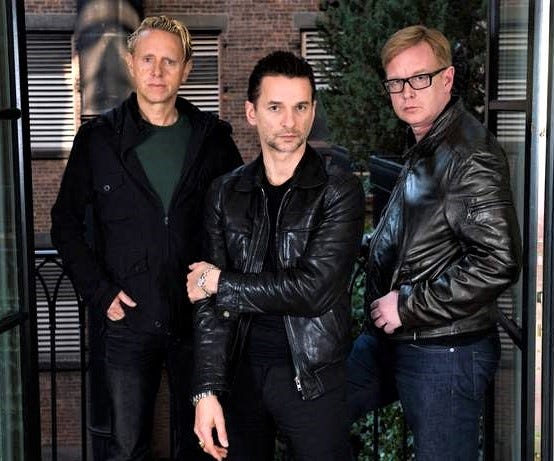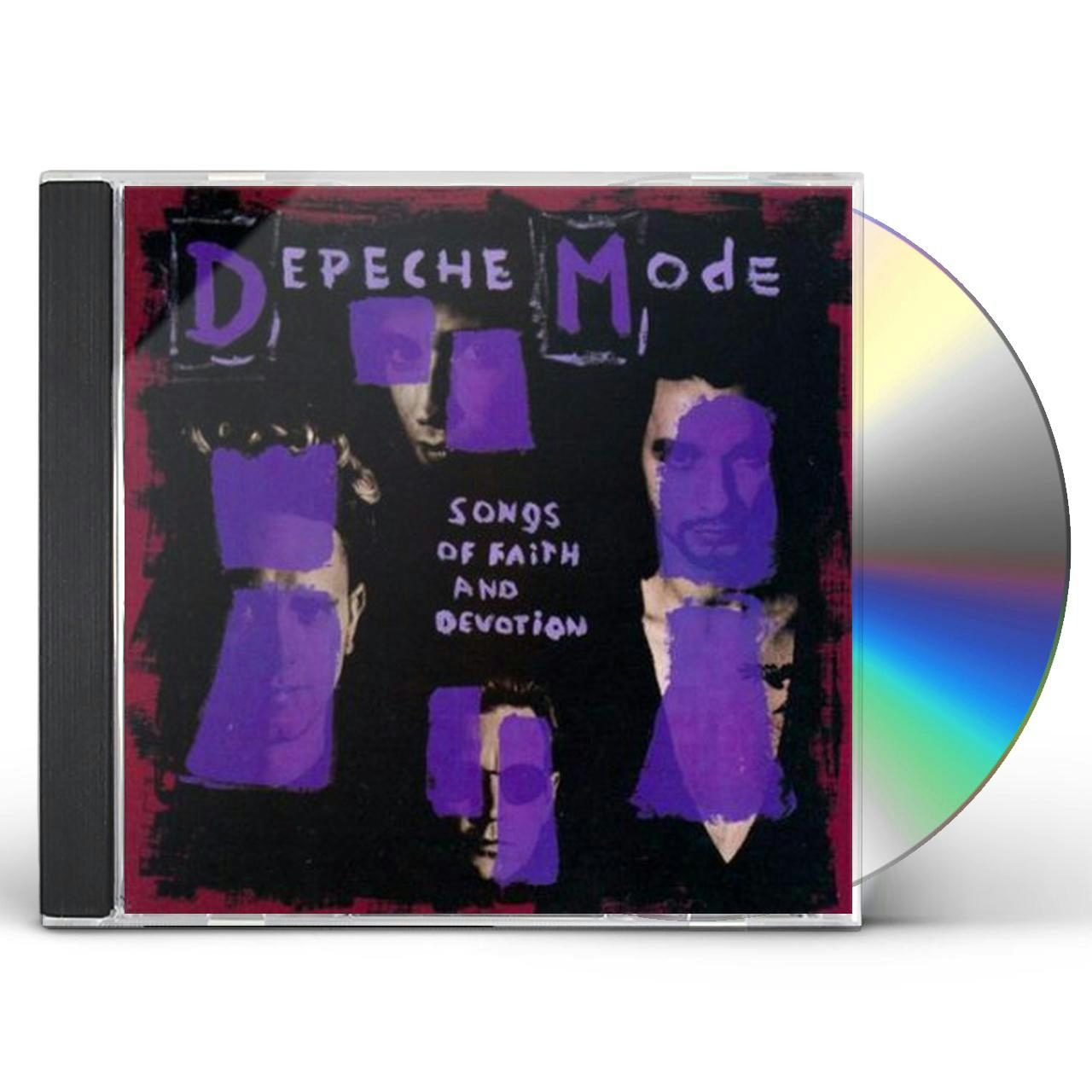


The BBC reportedly told the group’s label that it couldn’t play every single it got (though the song later reached Number 16 in the U.K.) and the tune got a good shaming in the band’s hometown. Most chilling, though, was their 1984 single “Blasphemous Rumours,” which tackled teenage suicide and mortality in the verses, which were bolstered by the chorus, “I don’t want to start any blasphemous rumours/But I think that God’s got a sick sense of humour/And when I die I expect to find Him laughing.” That sentiment predates Slayer’s “God Hates Us All” by almost two decades and the song bore the sort of scrutiny reserved for metal bands at the time. Deeper cuts like “Fly on the Windscreen – Final” – which begins with the very metal line, “Death is everywheeerrre!” – tackle inevitable mortality.
Who has covered depeche mode songs free#
with 1984’s urgent-sounding plea for peace “People Are People.” But in the U.K., they’d been putting out one high-charting single after another, many of which carry controversial themes including survival of the fittest (“Everything Counts”), bondage and discipline (“Master and Servant”) and breaking free of groupthink (“Stripped”). Within the next couple of years, Depeche Mode became a force to be reckoned with on the pop charts, eventually making an impact in the U.S.

But what is there in whacking a guitar? Every heavy-metal riff sounds the same anyway.” He proved his naysayers wrong. “Rock musicians say you can’t express yourself with a synthesizer,” he told Sounds in 1981. When founding member and original chief songwriter Vince Clarke left that year to form Yazoo, Gore took over songwriting duties and brought a darker sensibility to the group. When the group formed in Basildon, about 30 miles east of London, in 1980, it played light-hearted new-wave pop songs like “Just Can’t Get Enough” and “Dreaming of Me” with keyboard parts that the band’s Alan Wilder nonetheless later likened to blues and heavy-metal riffs. In hindsight, though, Depeche Mode’s influence on the most extreme of music genres makes some sense. Singer Chino Moreno, who alternates between throat-shredding screams and Dave Gahan–like crooning with alt-metal group Deftones, even has Violator’s cover flower tattooed on his bicep.īlack Sabbath on the Making of 'Vol. Power Ballad Himself, Sammy Hagar, have tackled Depeche Mode covers – most of which cull from Violator. Marilyn Manson, Rammstein, Converge and even Mr. In the 25 years since Depeche Mode officially became a phenomenon with a string of Violator singles like “Personal Jesus,” “Enjoy the Silence” and “Policy of Truth,” the band has inspired a strange, surprising cult following among headbangers and hard rockers. “I’ll be surprised if people will get the joke.” His skepticism was warranted. “We wanted to come up with the most extreme, ridiculously heavy-metal title that we could,” the band’s chief songwriter, Martin Gore, told NME at the time. The previous year had seen smarmy hair-mongers like Bon Jovi, Bad English and Poison scoring Number Ones with saccharine power balladry, and the leather-clad, synth-pop group had understandably “gotten enough.” So they exacted vengeance on their album sleeve. When Depeche Mode titled their 1990 album Violator, it was supposed to be taken ironically.


 0 kommentar(er)
0 kommentar(er)
